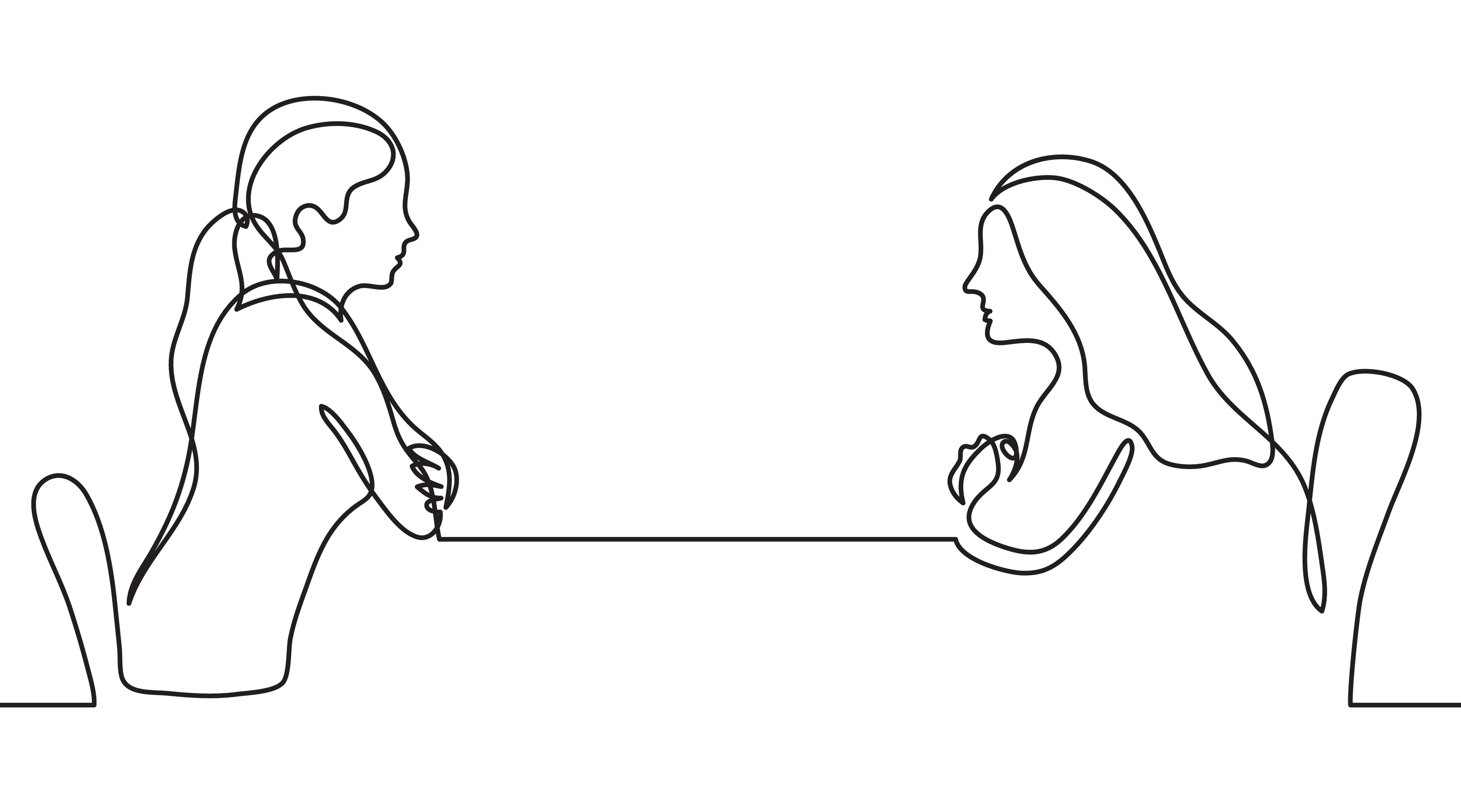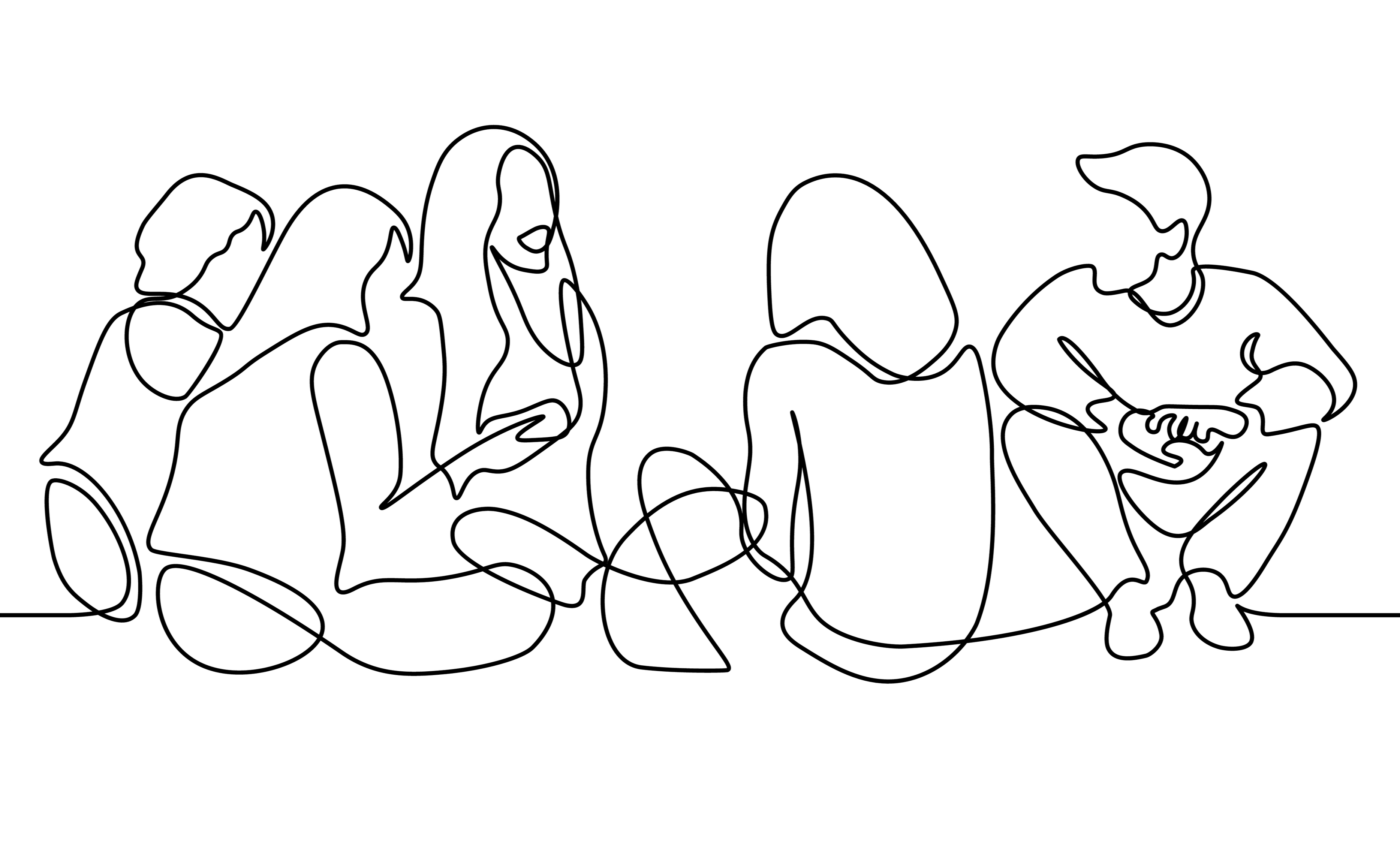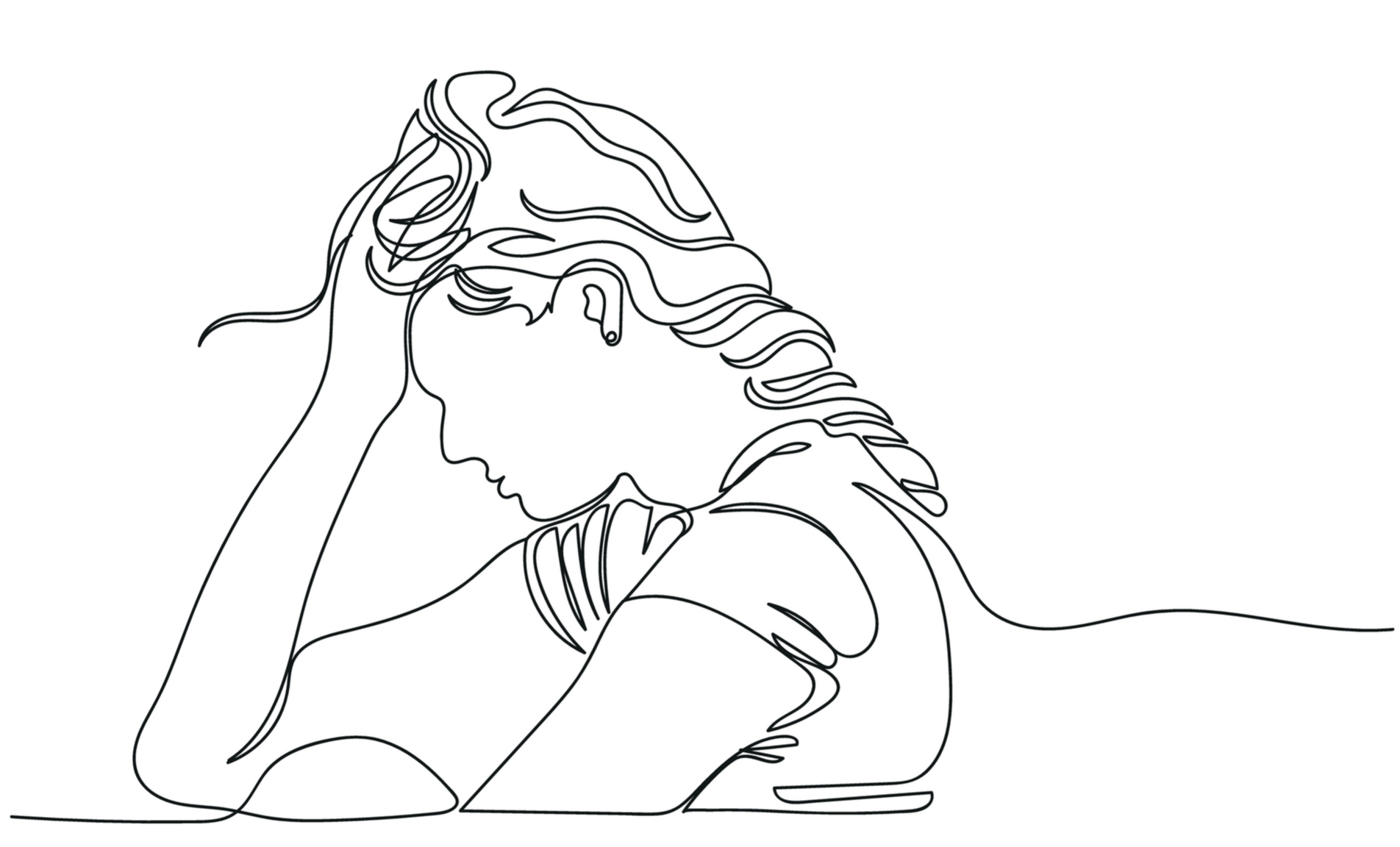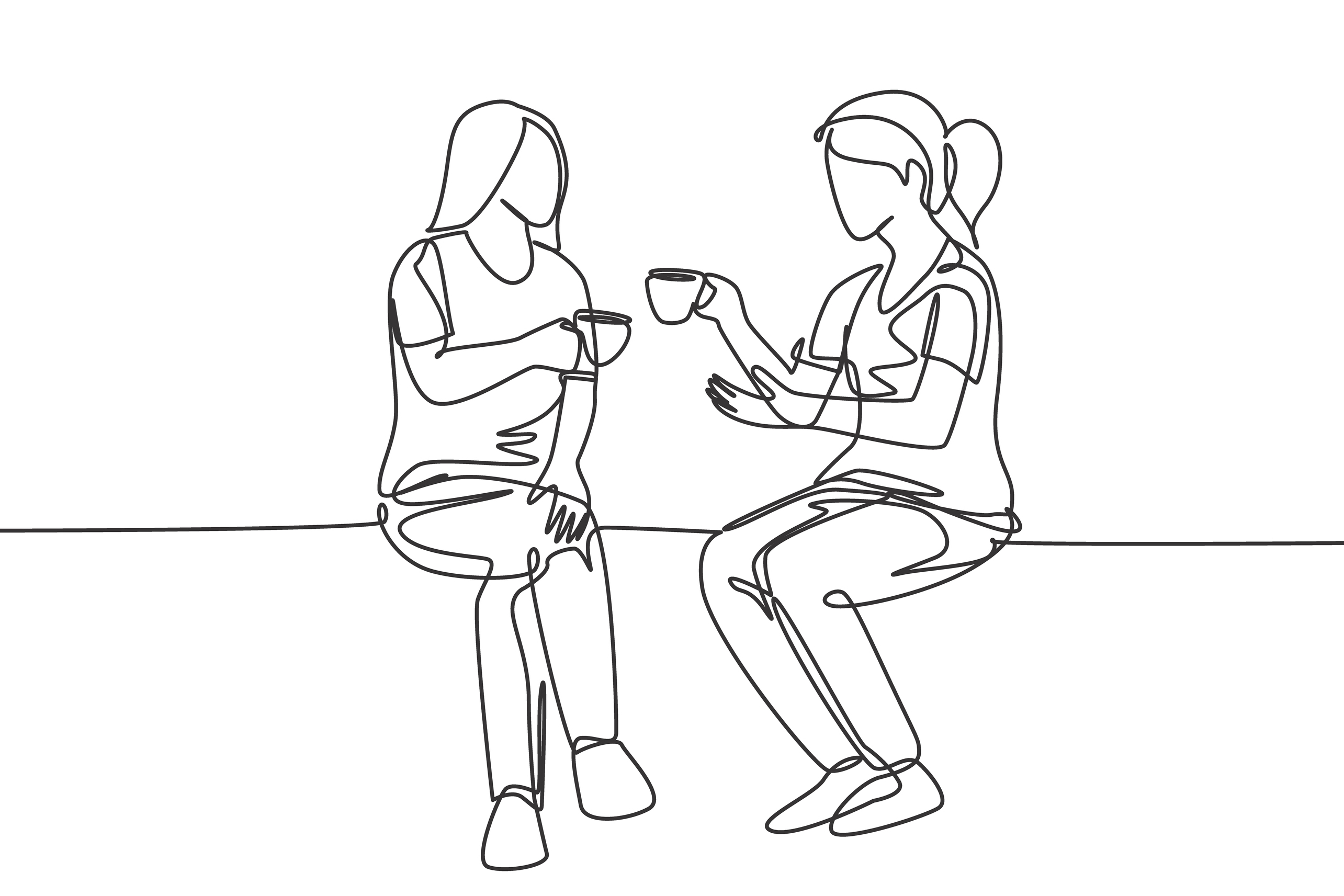
Health & Medicine
Trust betrayed: Attacked from the inside out

Women experiencing intimate partner violence often rely on their friends, but it can be difficult for friends to know how to respond
Published 3 May 2021
CONTENT WARNING: This article discusses multiple forms of trauma, including sexual violence and assault, abuse and harassment, as well as the effects of this trauma on mental health.
One in four Australian women have experienced abuse from an intimate partner – and younger women are particularly likely to experience it. The chances are then that many of us know someone who is in an abusive relationship.
For young women experiencing abuse by a partner, their friends are the main people they talk to, but it can be challenging for friends to know how to respond.

To better understand the difficulties friends may face, we interviewed 15 young people who were, or had been, a friend of a young woman experiencing Intimate Partner Violence (IPV) – 11 of whom identified as female and four as male.
All said their friend had experienced emotional forms of abuse and controlling behaviour from a male partner, while almost half said the friend had experienced sexual coercion or assault.
A third said their friend had been subjected to physical violence.

Health & Medicine
Trust betrayed: Attacked from the inside out
Most of those we interviewed said they were unsure what role to play. As a participant told us, it was like “walking on eggshells”.
When participants noticed signs of abusive behaviour in their friend’s relationship, they tended to feel they had a responsibility to speak up. But offering their perspective on the abusive behaviour was difficult if their friend didn’t seem to share their concerns. As one said:
“...she does care about him [and] I don’t want to invalidate her feelings”.
Like many Australians, most just assumed that standing up to or leaving an abusive partner was a logical way of stopping the abuse and that they should urge their friend to do so.
“She would tell us she was scared of him. And like, the only thing I could think of was to tell her ‘Why are you seeing him still? Why would you go to his house? You need to stop seeing him’. Cos, for me, the common sense thing is to leave that situation.”

Feelings of worry and anxiety also caused participants to push their friend to leave the relationship.
Many said their friend was very reluctant to tell her parents or family because she feared their intervention would only make things worse. But, being the only ones who knew about the abuse meant participants felt they alone carried the responsibility for their friend’s safety.

Politics & Society
Intimate partner sexual violence and the courts
As one said, although she tried to respect her friend’s wishes about staying in the relationship, she also constantly worried:
“What if something went wrong and I didn’t push her enough?”
Another dilemma was knowing how to respond to their friend’s abusive partner when they met them. As one participant said, socialising with her friend’s partner as though nothing was wrong made her feel complicit:
“We’ve met him, we’ve talked to him, like it seems like it’s normal … I’m worried it sort of legitimises what he’s doing.”
It was particularly difficult for those who were also friends with the abusive partner.
Some wanted to distance themselves or to confront him about his behaviour, but this was difficult to do without compromising the victim’s confidentiality or safety.

But some participants in the study had a different perspective on what role to play.
Three participants had experienced IPV themselves and they emphasised that ending an abusive relationship is difficult and that advising a victim to leave may not be helpful – it might only push her away. Instead, they framed their role as an ally.
For these participants it was about putting themselves “in her shoes”, being “on her side” and respecting the friend’s choices.

Health & Medicine
When love is blind
As one said:
“I was a good listener all the time, just to make her feel that ‘Okay, I am here. I understand and I am ready to support whatever you do’.”
It also involved them validating to their friend that the abuse wasn’t her fault and focusing on her safety. This approach was consistent with the findings of research on what young women in abusive relationships find helpful.
It also accorded with best practice approaches for health professionals, like the World Health Organization’s ‘LIVES’ approach:
LISTEN closely, without judging INQUIRE about her needs and concerns VALIDATE that she isn’t to blame ENHANCE SAFETY and discuss a plan to protect herself SUPPORT her and connect her to services that can help.

But even when friends understand the importance of being an ally, it’s difficult and distressing to know someone in an abusive situation. It can be a long and complex process to end an abusive relationship – and often the point of leaving an abusive partner is the most dangerous.
The stress of responding to abuse not only affects the women experiencing it, it also affects the friends and family supporting them.
But while being an ally may not be easy, asking a friend what kind of support she needs can make a real difference for someone experiencing abuse.
For people who are concerned about abuse in a friend’s relationship, advice is available if they’re feeling unsure about how to respond. Services like 1800RESPECT can offer confidential guidance for friends on how to be an effective ally, as well as support with the impacts and challenges of offering help.
Banner: Shutterstock